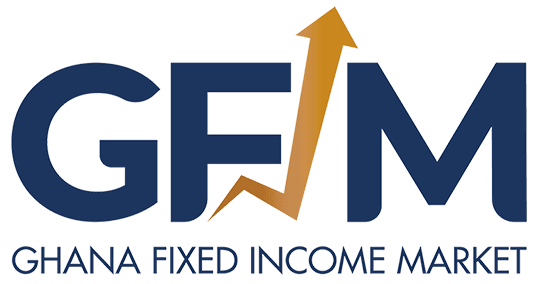
Ghana’s fixed income market recorded explosive growth during the week ending 21 November 2025, with total trading volume reaching GHS 4.05 billion and representing a 99.20 percent surge from the previous week’s GHS 2.03 billion.
Treasury bills dominated market activity, capturing GHS 2.77 billion across multiple transactions and accounting for 68.52 percent of total volume. The performance marked a 115.51 percent increase from the prior week’s GHS 1.29 billion, reflecting sustained investor appetite for short term government securities.
Sell and buyback (SBB) trades involving Government of Ghana (GOG) notes and bonds demonstrated the most dramatic momentum, soaring 200.54 percent to GHS 1.23 billion from GHS 410.88 million the previous week. These repo transactions allow institutional investors to manage liquidity while maintaining exposure to longer dated government debt.
New GOG bonds under the Domestic Debt Exchange Programme (DDEP) contributed GHS 37.37 million to weekly trading, though this represented an 88.56 percent decline from the previous week’s GHS 326.77 million. The sharp drop indicated shifting investor focus toward shorter duration instruments and liquidity management tools.
Corporate securities trading contracted 61.87 percent to GHS 2 million from GHS 5.25 million the prior week. The modest volumes continue highlighting persistent challenges in developing Ghana’s corporate debt market, where only eight active issuers currently participate after four companies recently exited.
Old GOG bonds recorded minimal activity at GHS 656,055, down 73.25 percent from GHS 2.45 million the previous week. Bank of Ghana (BOG) bills maintained their absence from trading for the second consecutive week, suggesting continued investor preference for treasury bills and repo arrangements.
The yield curve for new GOG bonds showed notable shifts across multiple tenors. The four year bond yield declined to 15.35 percent from 16.00 percent, marking the sharpest drop during the week. The nine year bond yield fell to 15.41 percent from 16.50 percent, while the 10 year instrument edged lower to 15.38 percent from 15.44 percent.
Year to date trading patterns through November reveal fluctuating volumes, with GOG notes and bonds reaching GHS 2 billion for the month compared to October’s GHS 12.41 billion. Treasury bills generated GHS 5.03 billion in November through three weeks of trading, substantially below October’s GHS 12.91 billion.
The Ghana Fixed Income Market (GFIM) continues recovering from its 2023 downturn following implementation of the DDEP. Managing Director of the Ghana Stock Exchange Abena Amoah revealed that cumulative trading volume from January to October 2025 crossed the GHS 200 billion mark, positioning the market to approach pre DDEP levels.
Market participants consistently favor government securities over corporate debt and shorter maturities over longer dated instruments despite Ghana’s improving macroeconomic fundamentals. Banks, which represent the largest institutional players, typically match short term deposit liabilities with short term assets like treasury bills rather than committing to longer duration exposures.
The concentration of trading in repos and treasury bills reflects both structural features of Ghana’s financial system and ongoing elevated yields on government debt. While inflation declined to 11.5 percent as of August 2025, bond yields ranging from 14.90 percent to 16.00 percent indicate investors continue demanding significant risk premiums for holding Ghanaian government securities.
The GFIM celebrates its 10th anniversary in November and December 2025 under the theme “10 Years of the Ghana Fixed Income Market: Deepening Markets, Expanding Possibilities.” Since inception in August 2015, the platform has traded over GHS 1 trillion in securities, establishing itself as one of Sub Saharan Africa’s most liquid fixed income markets outside South Africa and Nigeria.
Looking ahead, the Ghana Stock Exchange aims to admit 100 companies to the GFIM and expand participation to 10 million Ghanaians, up from the current 2 million securities account holders. The exchange plans launching an academy to guide companies through listing requirements and financing procedures.
